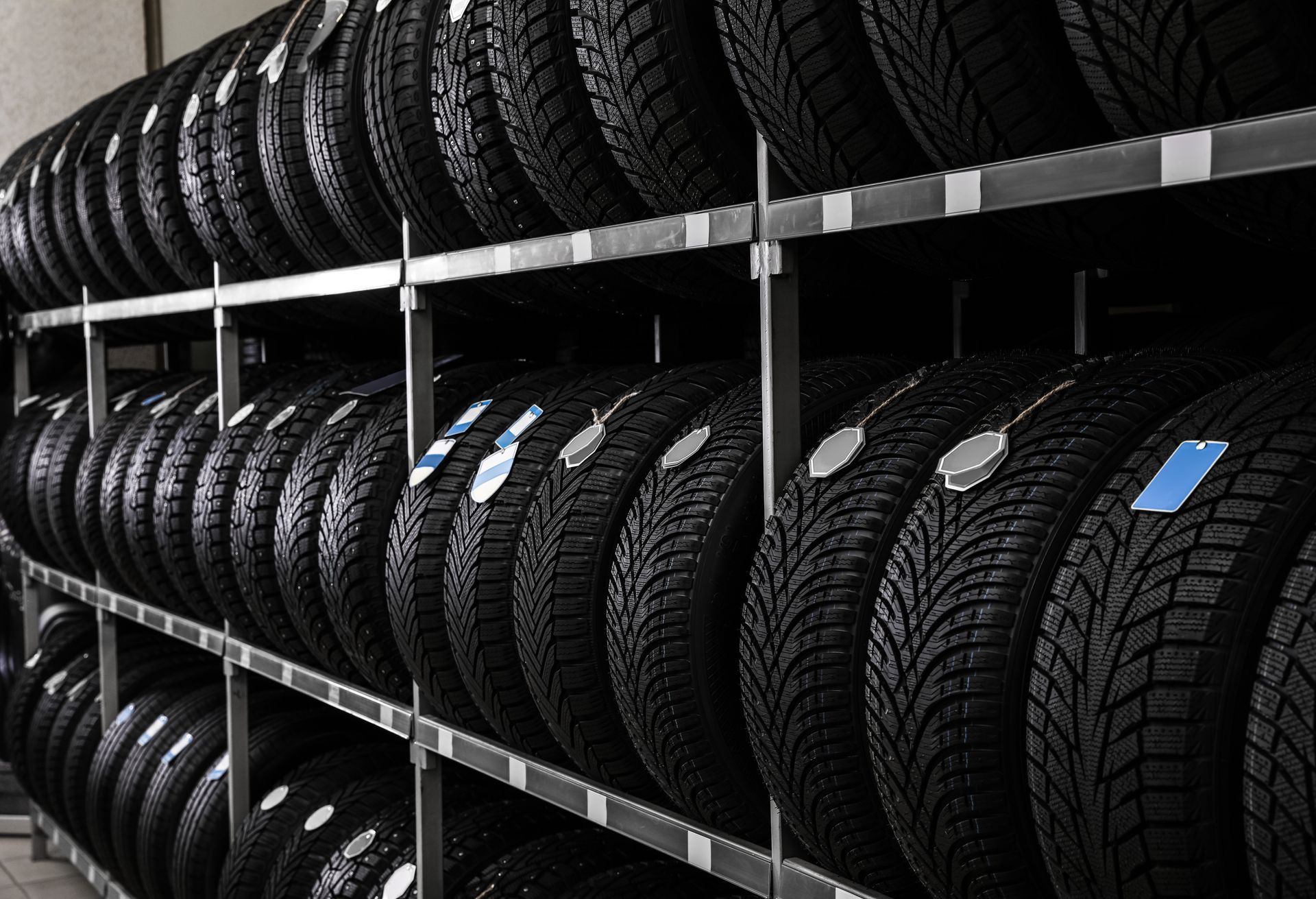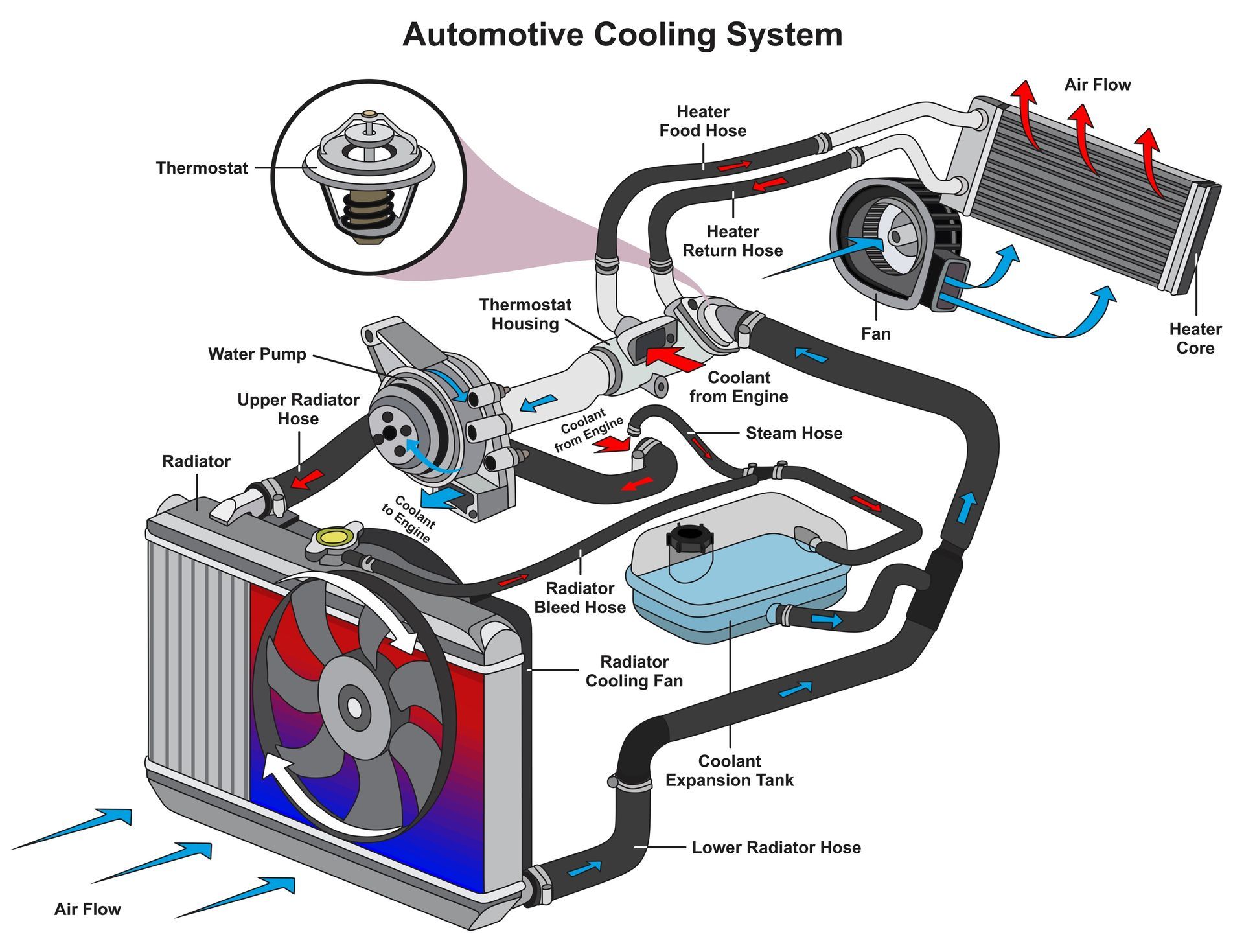Tire rotation is one of those maintenance tasks that can easily slip your mind. But keeping up with it isn’t just a matter of convenience—it’s a must for extending the life of your tires and ensuring your safety on the road. So, how often should you rotate your car tires, and why does it matter? Let’s dig into the details.
Why Tire Rotation Is Necessary
Tires don’t wear evenly. The ones in the front handle the brunt of steering and braking forces, especially in front-wheel-drive vehicles, leading to faster wear compared to rear tires. Left unchecked, this uneven wear can reduce traction, impact fuel efficiency, and even lead to premature tire replacement.
Rotating your tires ensures that they wear evenly, giving you better performance and longevity. It also maintains consistent handling and improves your car’s overall safety.
How Often Should You Rotate Your Tires
Most manufacturers recommend rotating your tires every 5,000 to 7,500 miles. This interval aligns with typical oil change schedules, making it convenient to handle both tasks together. However, it’s essential to check your car’s owner’s manual for specific guidance since recommendations can vary depending on the make and model.
If you’re driving under harsher conditions—like frequent towing, driving on rough terrain, or in extreme temperatures—you may need to rotate your tires more often. Regular inspections by a trusted service provider can help you determine the right frequency for your driving habits.
Signs It’s Time for a Tire Rotation
While sticking to a schedule is ideal, there are also signs that your tires may need rotation sooner:
- Uneven Wear: If you notice that the tread depth is noticeably different between the front and rear tires, it’s time to rotate.
- Vibration While Driving: This could be a sign of uneven wear, especially if the vibrations increase at higher speeds.
- Tire Cupping: Irregular wear patterns, often resembling scallops or dips, indicate that your tires need attention.
Addressing these issues early can prevent further wear and maintain your car’s performance.
The Rotation Pattern Matters
Tire rotation isn’t as simple as swapping the front and rear tires. The pattern you follow depends on your car’s drivetrain and the type of tires.
- Front-Wheel Drive: Tires from the rear are moved to the front, but they switch sides (rear-left to front-right and rear-right to front-left). The front tires move straight to the rear.
- Rear-Wheel Drive: The front tires move to the rear and switch sides, while the rear tires move straight to the front.
- All-Wheel Drive (AWD): Tires are often rotated in an “X” pattern, with all tires switching positions diagonally.
The process changes if your vehicle has directional tires or staggered setups (different sizes for front and rear). It’s best to consult a professional to avoid incorrect rotations in these cases.
The Cost of Neglecting Tire Rotation
Skipping tire rotations might save you time in the short term, but it can lead to costly consequences. Uneven wear shortens your tires’ lifespan, meaning you’ll need replacements sooner than expected. Beyond the financial hit, neglecting this maintenance task can compromise your car’s handling, especially in adverse weather conditions.
Regular rotation also ensures that any potential issues—like alignment problems or damage—are spotted early. This proactive approach keeps repair costs down and ensures your vehicle stays roadworthy.
Keep your tires lasting longer and your ride feeling great with help from
Destin Auto Center. Book your next rotation or inspection with us now!










